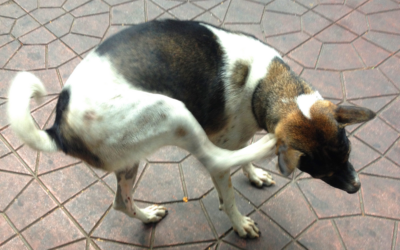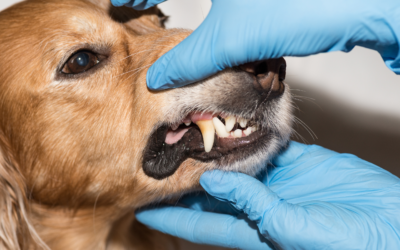Feline obesity is a common health problem in cats that can lead to serious health consequences if left untreated. In this blog post, we’ll explore the causes of feline obesity, the risks associated with it, and some solutions for how to manage it.
Causes of Feline Obesity
- Overfeeding or feeding high-calorie foods: Cats that are fed too much or that are fed high-calorie foods are at risk for obesity. Free-feeding, or leaving food out all day, can also contribute to overeating.
- Lack of exercise or physical activity: Cats that are not provided with enough opportunities for exercise or physical activity are at risk for obesity.
- Genetic predisposition: Some cats may be genetically predisposed to obesity, making it more difficult for them to maintain a healthy weight.
Risks Associated with Feline Obesity
- Diabetes mellitus: Obesity is a risk factor for diabetes mellitus in cats.
- Joint problems: Overweight cats are at risk for joint problems, such as arthritis.
- Heart disease: Obesity can lead to heart disease in cats.
- Lower urinary tract disease: Obese cats are at higher risk for lower urinary tract disease.
Solutions for Managing Feline Obesity
- Feeding a balanced and appropriate diet: Feeding a balanced and appropriate diet is essential for managing feline obesity. Consult with your veterinarian to determine the right diet for your cat.
- Encouraging exercise and physical activity: Providing your cat with plenty of opportunities for exercise and physical activity can help manage obesity. This can include providing toys, scratching posts, and playtime with the owner.
- Monitoring food intake: Monitoring food intake and providing controlled portions can help prevent overfeeding and reduce the risk of obesity.
- Consultation with a veterinarian: Consultation with a veterinarian can provide guidance on weight loss plans, appropriate diets, and safe exercise programs.




